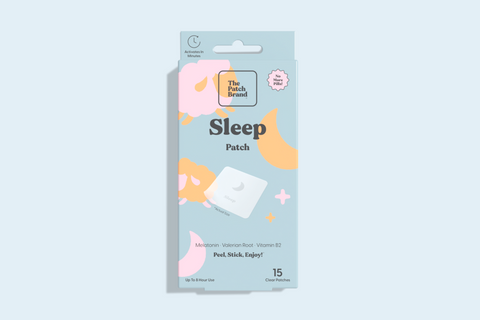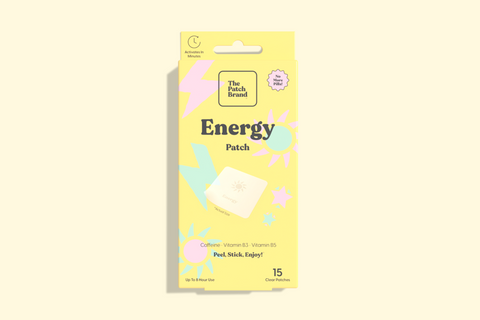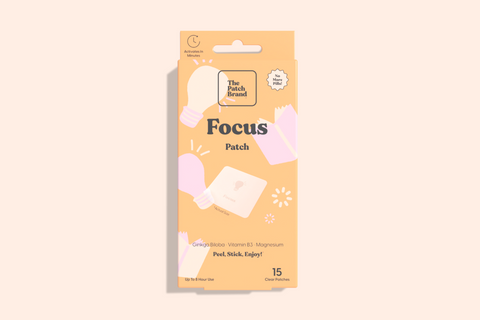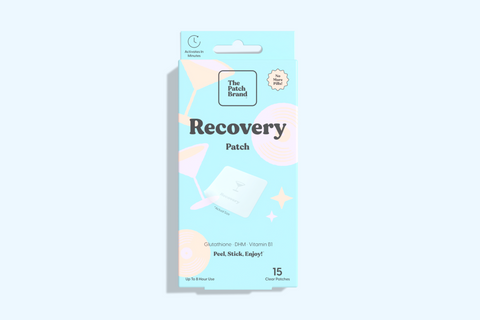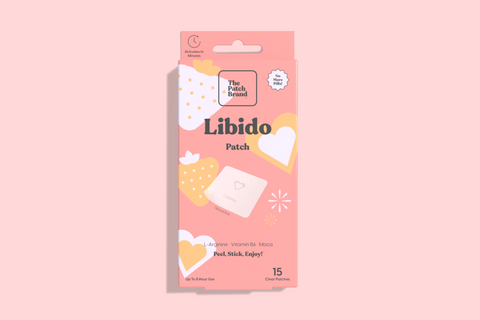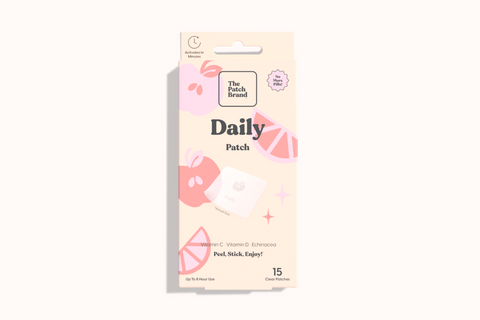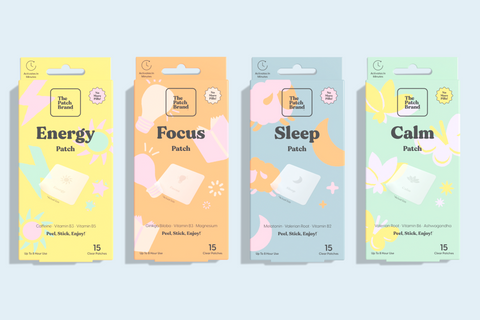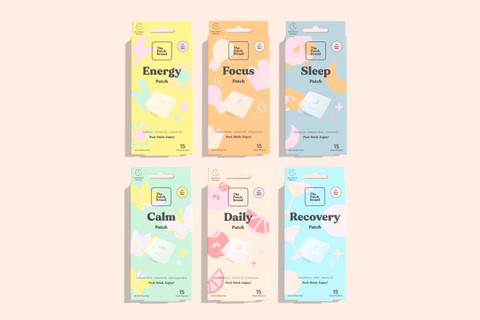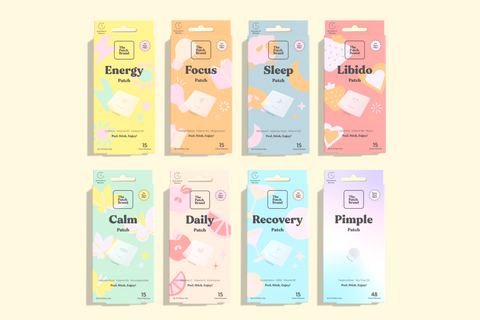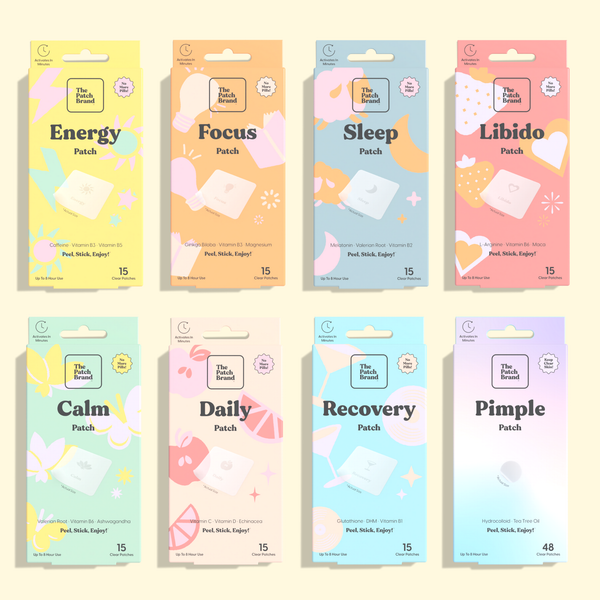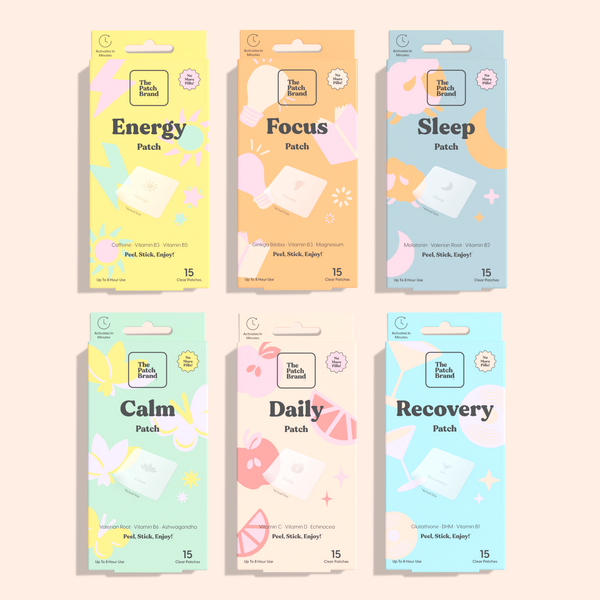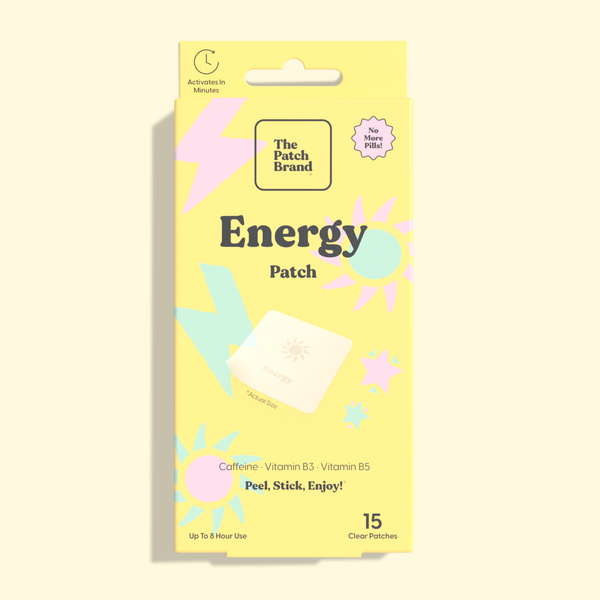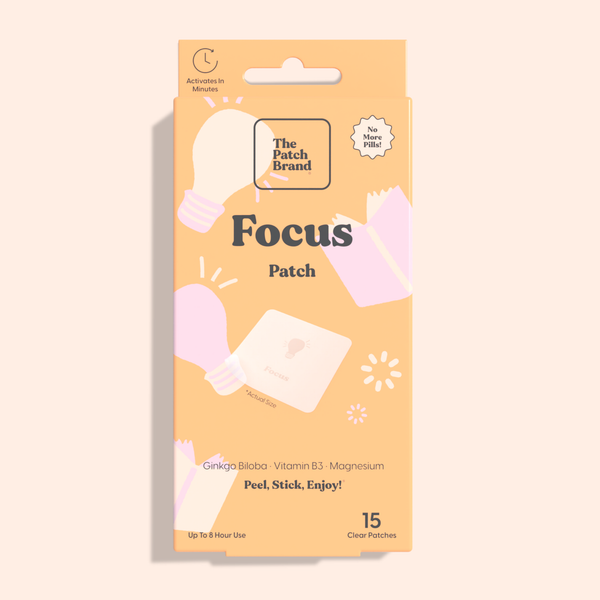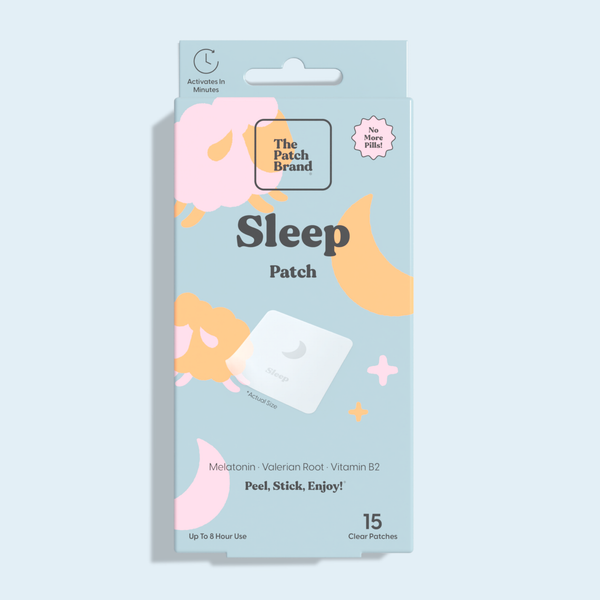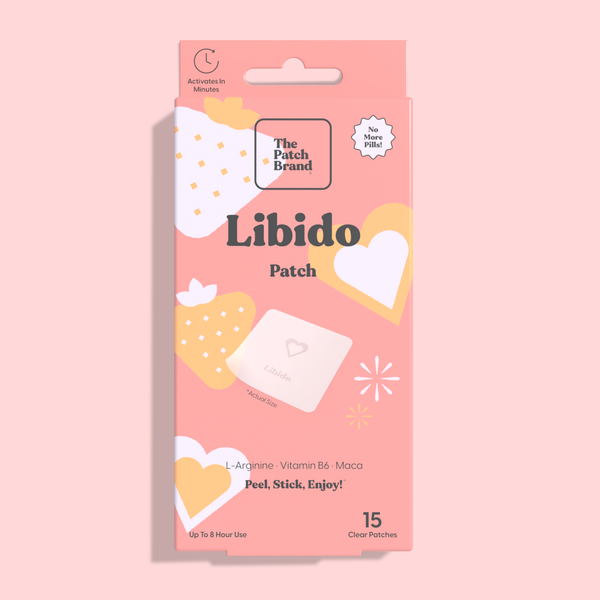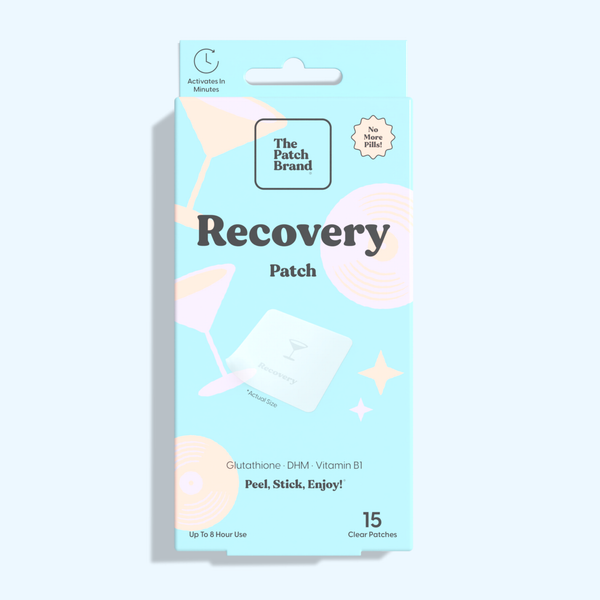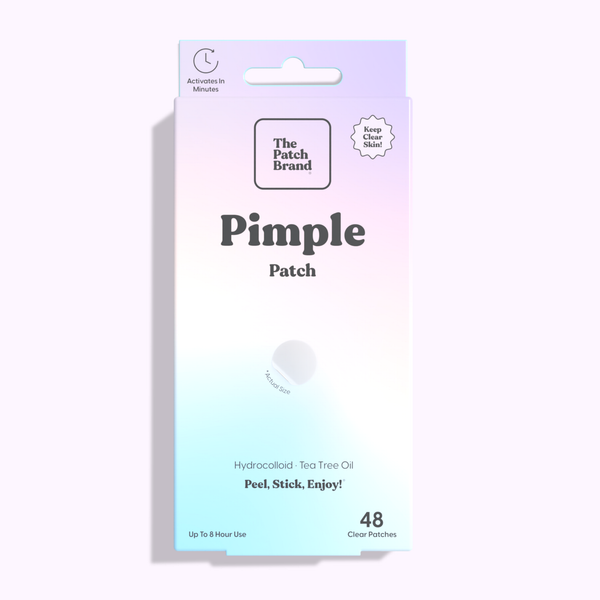What is Vitamin D
Vitamin D is a fat-soluble vitamin that can be naturally found in foods such as fish and eggs, or it may come from supplements. It's also produced through solar UV rays on the skin when they strike your body--and this triggers an endogenous response! Vitamin D is a nutrient that ensures the health of your bones. It can only absorb calcium when it's present, as well! Not only does this sciatic nerve help regulate other cellular functions in our bodies like inflammation or antioxidant capacity but also supports immune system strength and muscle activity (among others).

Benefits of Vitamin D
Vitamin D is an essential nutrient for many different functions and roles in the human body. It can be found promoting healthy bones, immune system health, as well as, brain/nervous system functions, and regulating insulin levels to manage diabetes management or influencing expression of genes involved with cancer development .
Benefit #1 - Healthy Bones
Vitamin D has been shown to be an essential nutrient for regulating calcium in the blood and maintaining phosphorus levels. Without it, people may experience bone diseases such as rickets that lead to seriously deformed bones or osteoporosis where their weak spots are revealed by low-quality skeletons.
Benefit #2 - Reduced Risk of Flu
The possible protective effect of vitamin D on the flu has been a topic of interest for many years. A review was looked up to an existing 2018 research and found that some studies showed this to be true while others did not show any connection between getting enough sun exposure or taking supplements containing cholecalciferol (vitaminD) and protection against H1N1 infection/illness.
Benefit #3 - Healthy Infants
Vitamin D deficiency has been linked to high blood pressure in children. One 2018 study found a possible connection between low vitamin D levels and stiffness of the arterial walls among kids, which could lead them toward having tighter arteries as they get older - an increase risk for heart disease or strokes! The American Academy Of Allergy Asthma And Immunology recommends that while there isn't enough evidence yet on how much exposure leads towards developing food allergies (a fairly new discovery), we do know eggs are one common early source along with other foods such as fish oils/fishes, liver, etc.
Vitamin D Deficiency Symptoms?
With a lack of sunlight and proper Vitamin D intake, you may be at risk for many health problems. Those with lighter skin types and younger are better in converting sunshine into Vitamin D than darker-skinned people or those over 50 years old.
Deficiency Symptom #1 - Being Sick or Getting Infections Often
The immune system is a complex network of cells that work together to protect against illness. One way the body's natural defenses keep you healthy and happy (and prevent colds) is by producing vitamin D during sun exposure or through diet sources such as fatty fish! A recent study found people who took supplements containing up to 4,000 IU daily had 20% lower risk for respiratory tract infections than those without supplementation - so don't wait any longer: get outside today if possible because this will help your quality too!!!
Deficiency Symptom #2 - Fatigue and Tiredness
Feeling tired can be caused by many different things, but vitamin D deficiency might just take the cake. Unfortunately it’s often overlooked as a potential cause of fatigue and its effects on sleep quality has been researched in children too. A study found that low levels of this important nutrient were associated with poor sleeping habit - shorter durations or later bedtimes.

Deficiency Symptom #3 - Bone and Back Pain
Vitamin D is not just for your bones! It also helps with absorption of calcium, which weakens them over time. Low levels may be linked to back pain and other chronic conditions such as asthma or depression - so get outside this summer (or winter) season if you want healthy kids too!!
How Do Vitamin D Deficiencies Occur?
There are many causes for a vitamin D deficiency, but it’s most commonly caused by lack of sunlight or being too indoors. Here are the causes of Vitamin D deficiency
Deficiency Cause #1 - Not Enough Consumption of Vitamin D
If you follow a strict vegan diet, then it is possible that your natural sources for vitamin D may be lacking since most of the natural sources of Vitamin D are animal-based. This includes fish and oils from animals such as eggs yolks or milk that have been fortified with this important nutrient—so if these aren't available in sufficient quantities to meet needs there's an option drugstore supplements.
Deficiency Cause #2 - Limited Exposure to Sunlight
Vitamin D is a topic that many people are unaware of. The body naturally makes this vitamin when we're exposed to sunlight. During winter months - leading some people who live at higher elevations with shorter days (like northern latitudes) being most susceptible because there isn’t any natural lighting available much likely experience Vitamin D deficiency.
Deficiency Cause #3 - Having Darker Skin
One of the ways skin cells protect themselves from damage is by producing melanin. This pigment blocks sunlight and prevents your body's natural vitamin D production, which can lead to rickets in older adults with darker skins.
Sources of Vitamin D
The body can make vitamin D from direct sunlight on the skin when outdoors, but between October and early March we do not produce enough of this important nutrient by ourselves. In order for people living all year round to get their daily dose they need more than just food - there's also things like supplements or drinks containing Fatty Fish Oil.
Here are some foods that contain Vitamin D:

Source#1 - Oily Fish
Fishes are great sources of Vitamin D. This includes salmon, sardines, herring, and mackerel.
Source #2 - Fortified Foods
Fortunately, for vegetarian people who doesn't like fish, there are foods like fat spreads and breakfast cereal that can be a source of Vitamin D.
Source #3 - Egg Yolks
Vitamin D is an essential nutrient that helps the body grow and stay healthy. To get enough, you should eat both fish or eggs as well!
